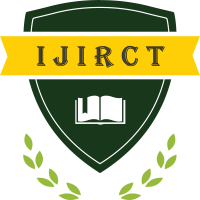The Effect of Task-Specific Training vs. Conventional Therapy on Upper Extremity Function in Stroke Survivors
Author(s): Mastour, M. Alotaibi, Azzam S. Almutairi, Naif S. Alsayahi, Abdulrahman. I. Alhussain, Ali A. Sahari
Publication #: 2407035
Date of Publication: 10.05.2022
Country: Saudi Arabia
Pages: 1-10
Published In: Volume 8 Issue 3 May-2022
DOI: https://doi.org/https://doi.org/10.5281/zenodo.12705738
Abstract
Objective :
This study aimed to compare the effects of task-specific training (TST) versus conventional therapy (CT) on upper extremity function in stroke survivors.
Methods:
A randomized controlled trial was conducted with 60 participants randomized into TST (n = 26) and CT (n = 25) groups. Outcome measures included the Fugl-Meyer Upper Extremity Assessment, Action Research Arm Test, Wolf Motor Function Test, Modified Ashworth Scale, Stroke Impact Scale, and Patient-Specific Functional Scale.
Results:
Participants in the TST group demonstrated significantly greater improvements in motor function, spasticity, and quality of life compared to the CT group. These benefits were maintained at a 3-month follow-up.
Conclusion:
Task-specific training was more effective than conventional therapy in enhancing upper extremity function and overall quality of life in stroke survivors. Integrating task-oriented training into rehabilitation programs may optimize recovery outcomes.
Keywords: Stroke, Upper Extremity Function, Task-Specific Training, Conventional Therapy, Rehabilitation, Motor Function, Spasticity, Quality of Life.
Download/View Count: 484
Share this Article
